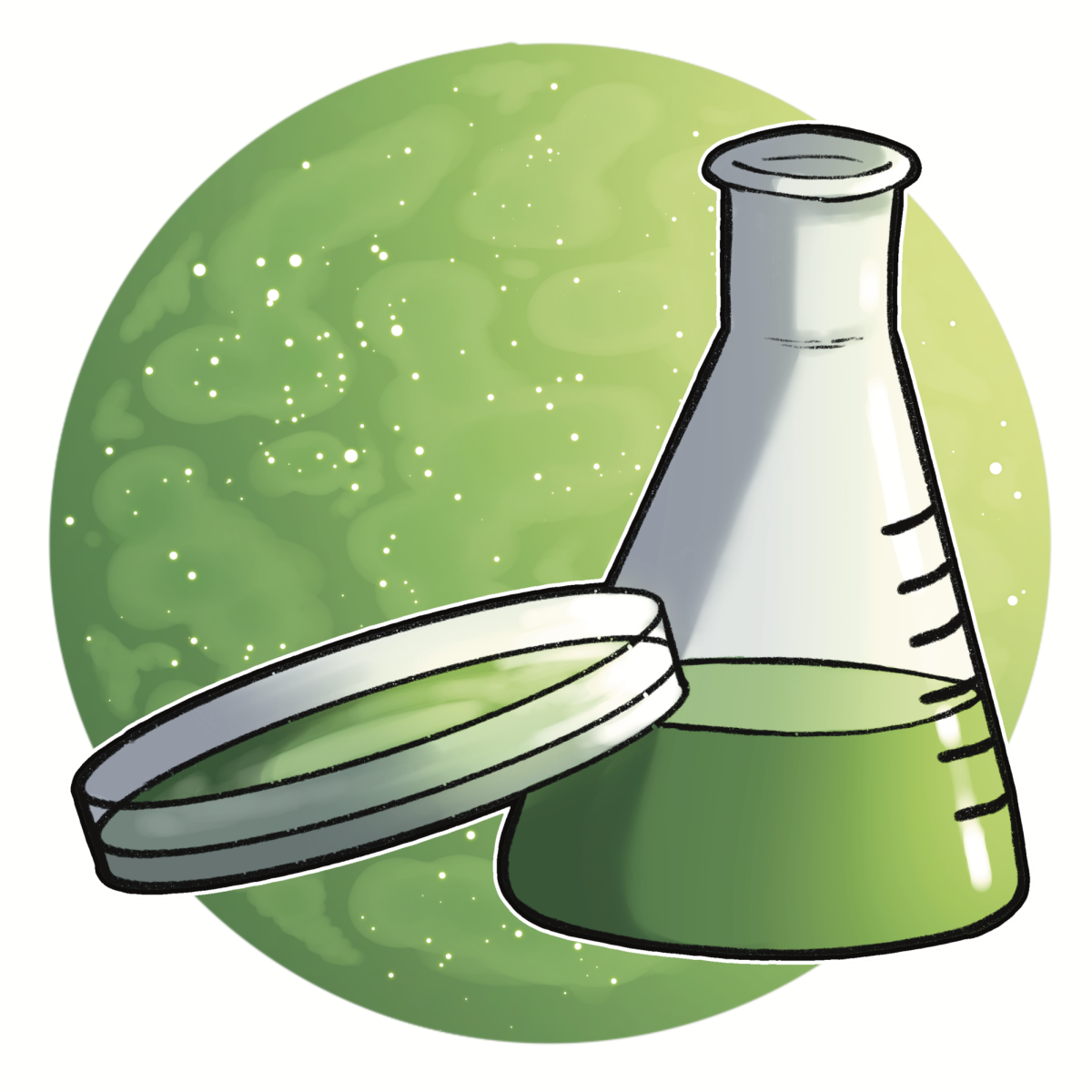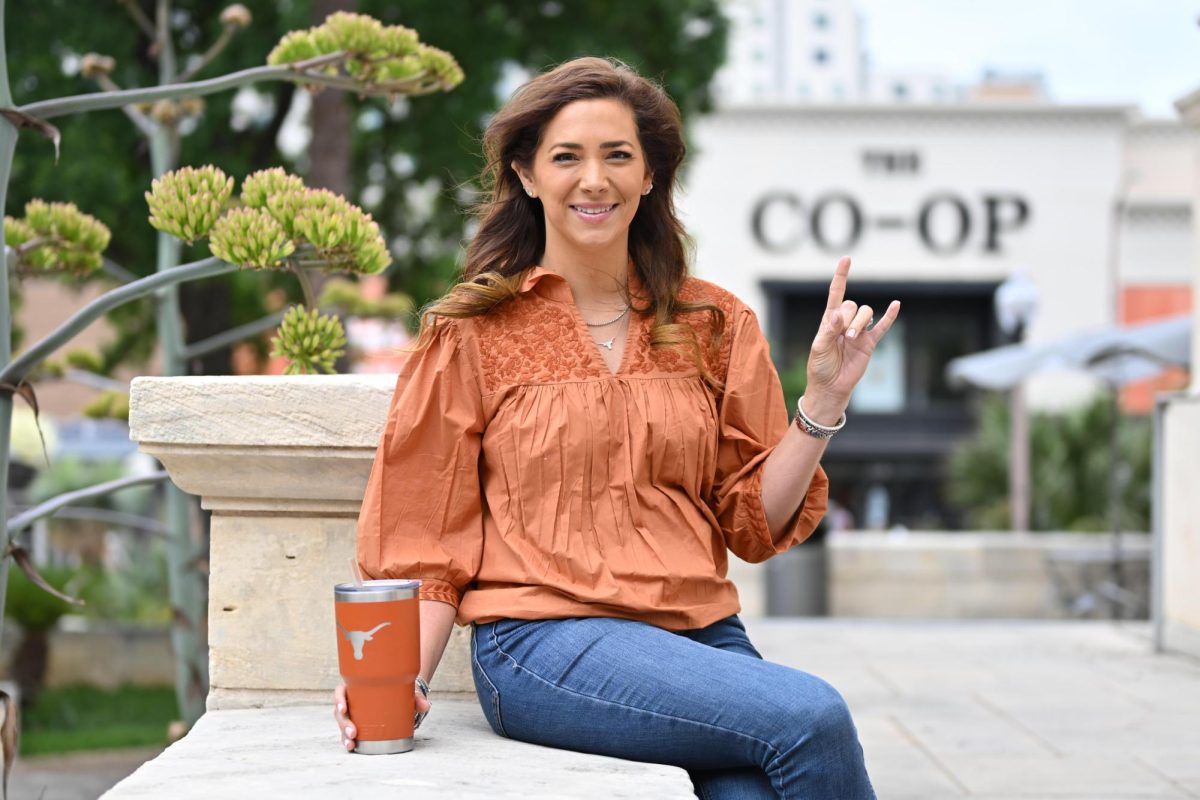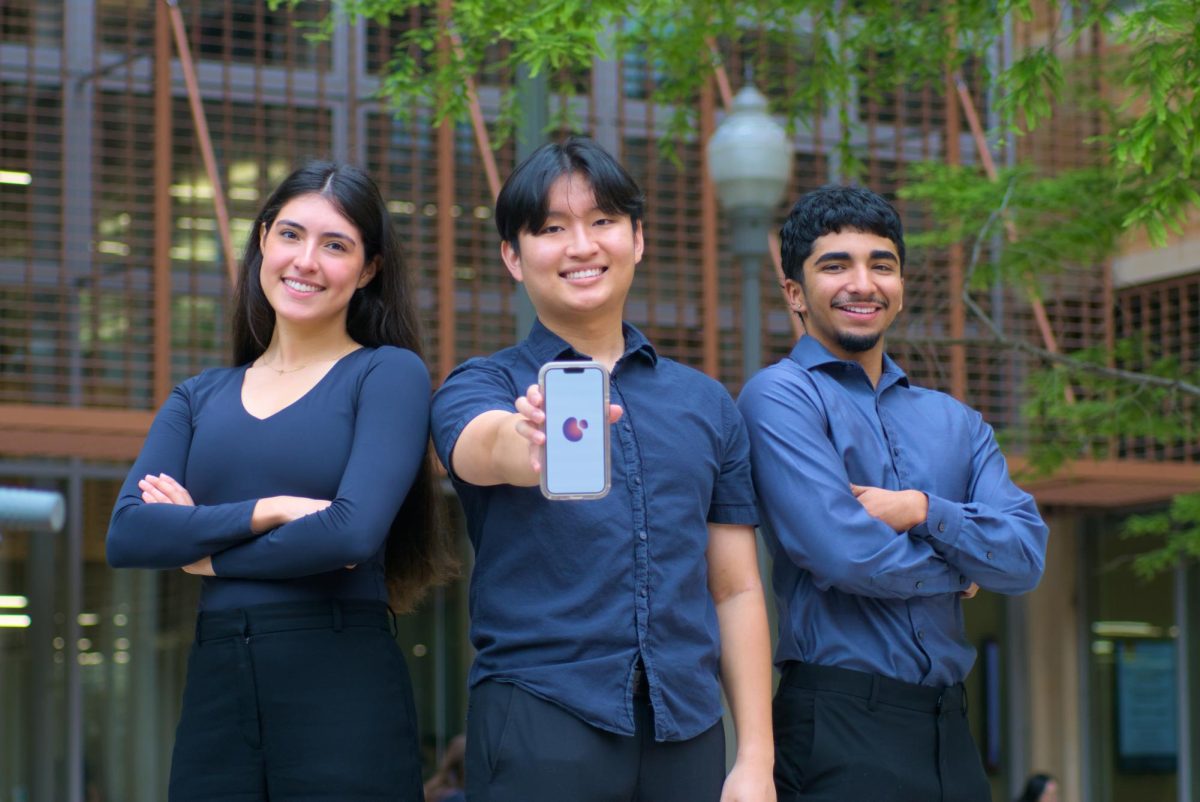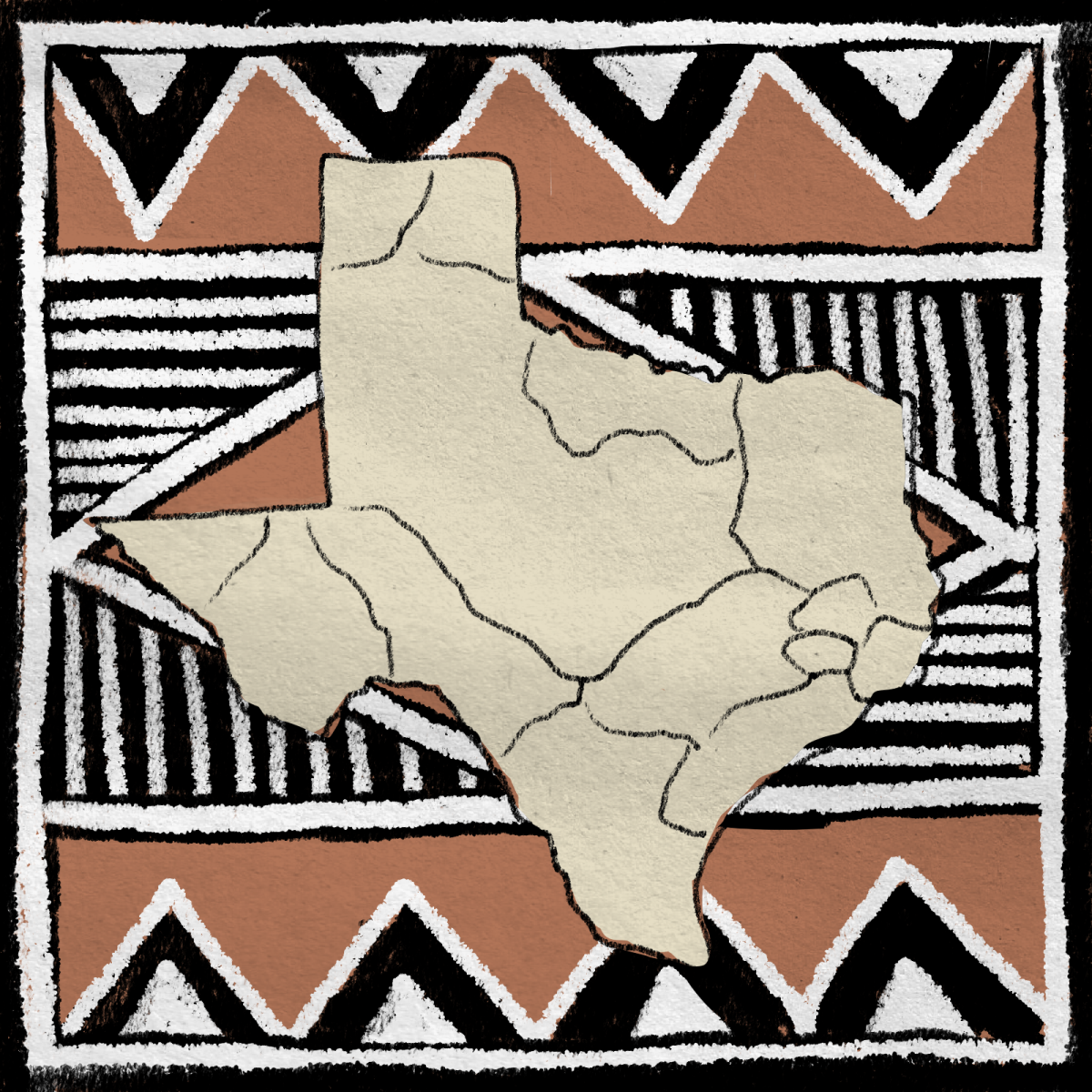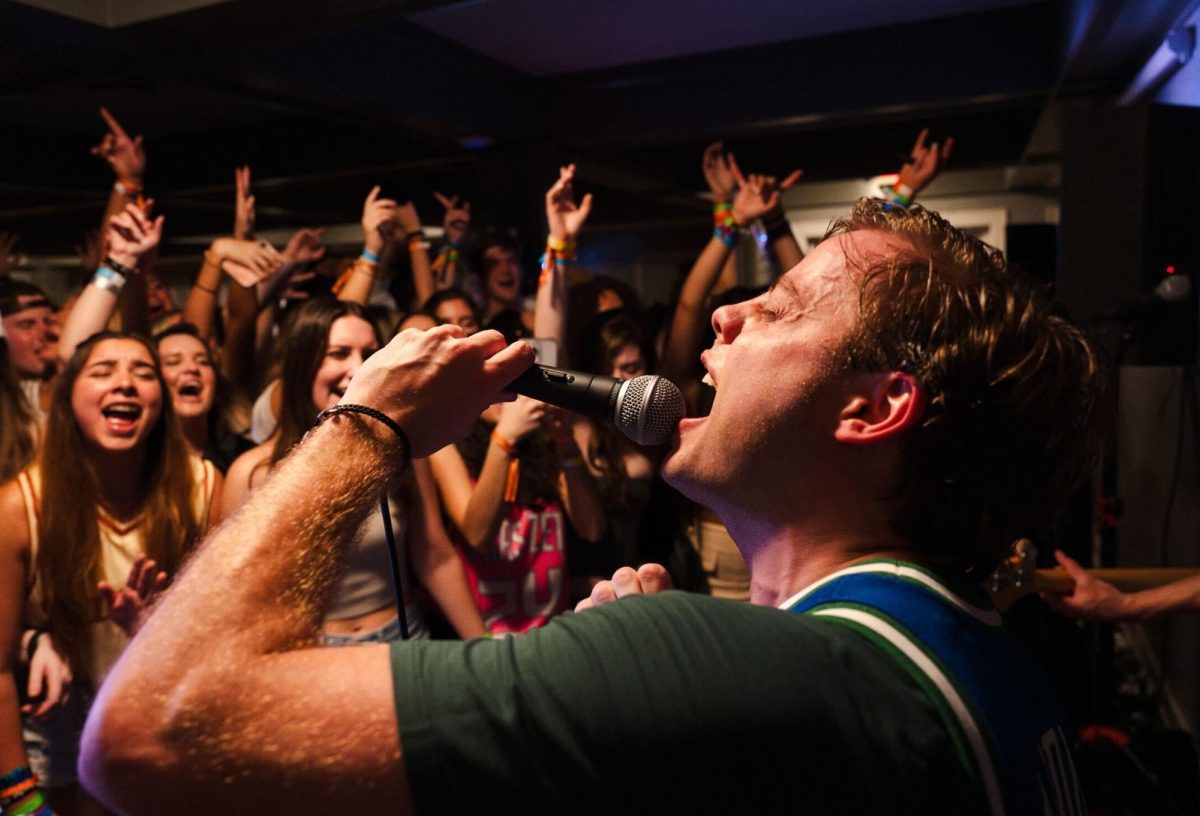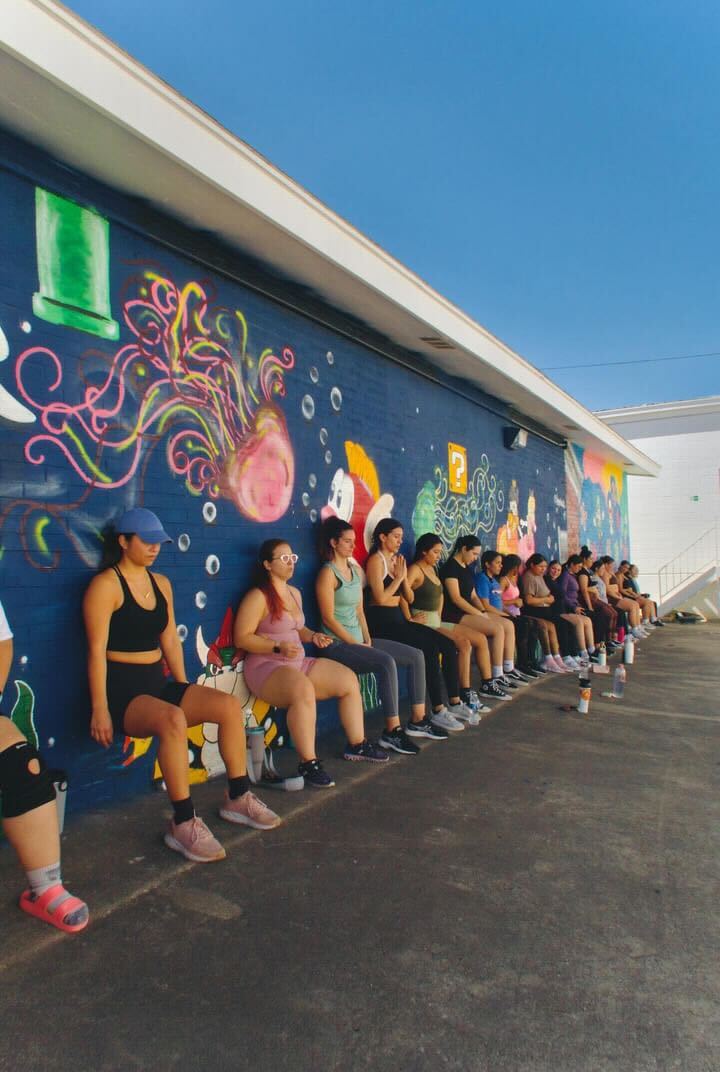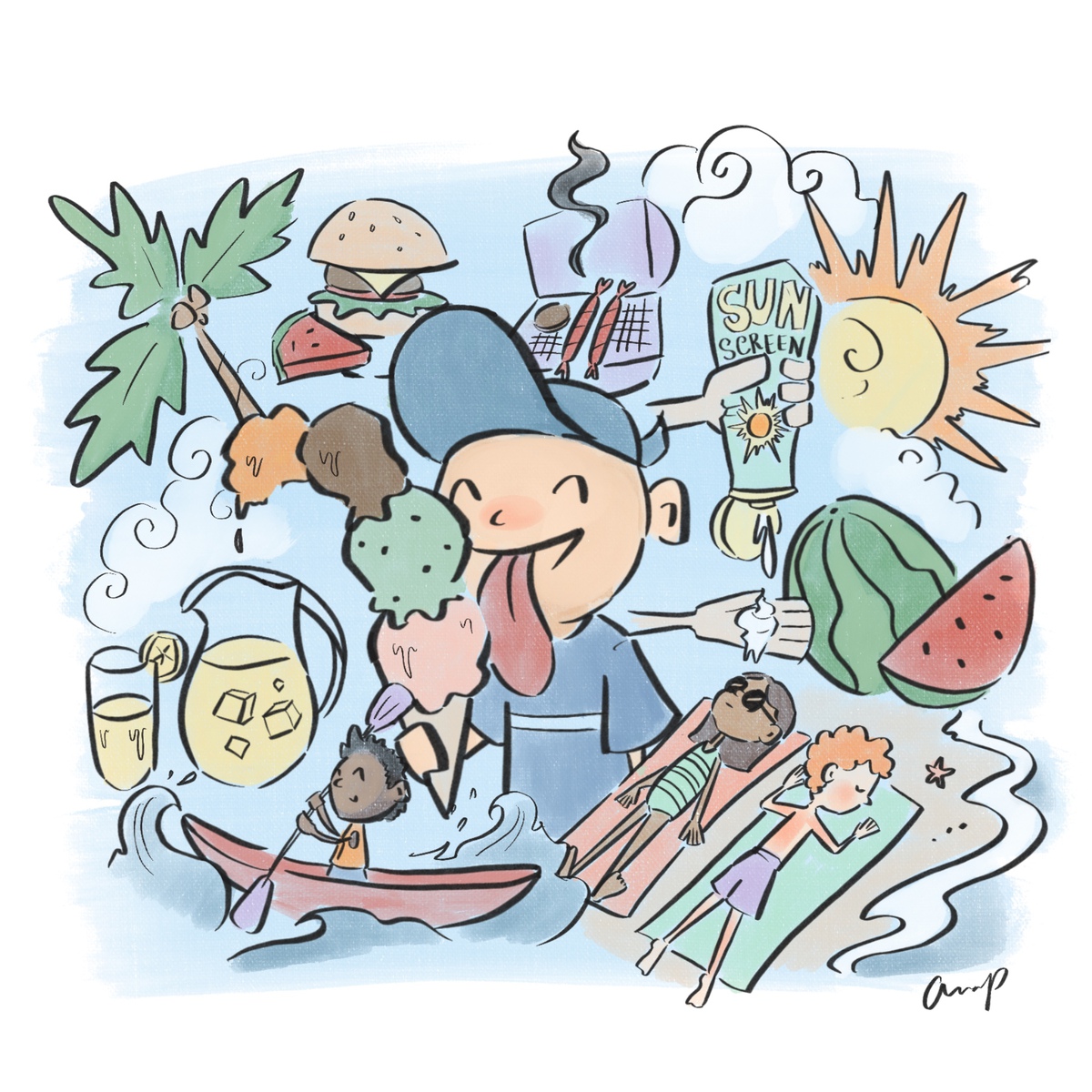Just as a library holds rows of books, room 17 of the Biological Laboratories building shelters rows of flasks. They may appear to contain just liquid, but the contents of the flasks are very much alive, housing over 3,000 distinct strains of algae.
The UTEX Culture Collection of Algae comprises thousands of identified and preserved algae strains. Pieces of these strains may be copied and shipped around the world for research and educational use. Algae boasts a broad range of usages, spanning anywhere from health supplements to CO2 fixation, biomaterials to water treatment and many more. UTEX curator Dr. David Nobles said algae initially piqued his interest when he learned of its many applications.
“There’s a lot of work going on with CO2 fixation and being able to remediate climate change through pulling CO2 out of the atmosphere,” Nobles said. “Biofuels research is still going on, and (so is) a lot of basic research about the environment and ecology. (Algae) is everywhere.”
Each strain, Nobles said, sits in 175 mL of liquid media or agar and undergoes a unique transfer schedule that dictates the timing of sterile transfers in order to keep the collection alive. Sterile transfers involve removing a small portion of the culture, placing it on a new growth medium and allowing it to grow before shipping or storage. Nobels said the process can be likened to sourdough bread starter.
“Every so often, you take a little piece of it, you put in fresh dough and it grows back,” Nobles said. “We essentially do the same thing with the algae.”
UTEX credits its origins to a 400-strain algal collection started by German scientist E.G. Pringsheim in 1920s Czechoslovakia. Pringsheim later brought his collection to Cambridge, where he met American phycologist Dr. Richard C. Starr. Then, Starr brought copies of Prinsheim’s collection to the United States, first to the University of Indiana and eventually to UT. In 1976, UTEX Culture Collection of Algae became an Organized Research Unit for interdisciplinary research infrastructure.
“We distribute a couple thousand strains of algae around the world every year to 50 or 60 different countries,” Nobles said. “Our holdings are cited in research articles, maybe 1,000 or so a year.”
Dr. Mindy Morales-Williams, assistant professor of limnology at the University of Vermont, researches how aquatic ecosystems respond to environmental disturbances. Morales-Williams said she has been using the UTEX collection for her research since 2013.
“(UTEX) has an excellent reputation,” Morales-Williams said. “It’s great that UTEX is a domestic source for a very large, reliable source of algae.”
Some of that research also takes place at UT to produce academic papers and patents. Brian Matibag, a biology junior who researches diatom evolution under Dr. Matt Ashworth, said having UTEX right next door makes research very convenient.
“(It) helps things move a lot faster and helps (me) stay motivated,” Matibag said. “It is overall really useful for keeping research going.”
In addition to distributing algae to labs, Nobles said UTEX also donates a portion of algae to the Algae Foundation, a project funded by the Department of Education that distributes algae to K-12th grade teachers and guides them through classroom use.
“It’s very rewarding knowing that we’re able to get people interested in science (and) that algae can be a tool for doing that,” Nobles said.




